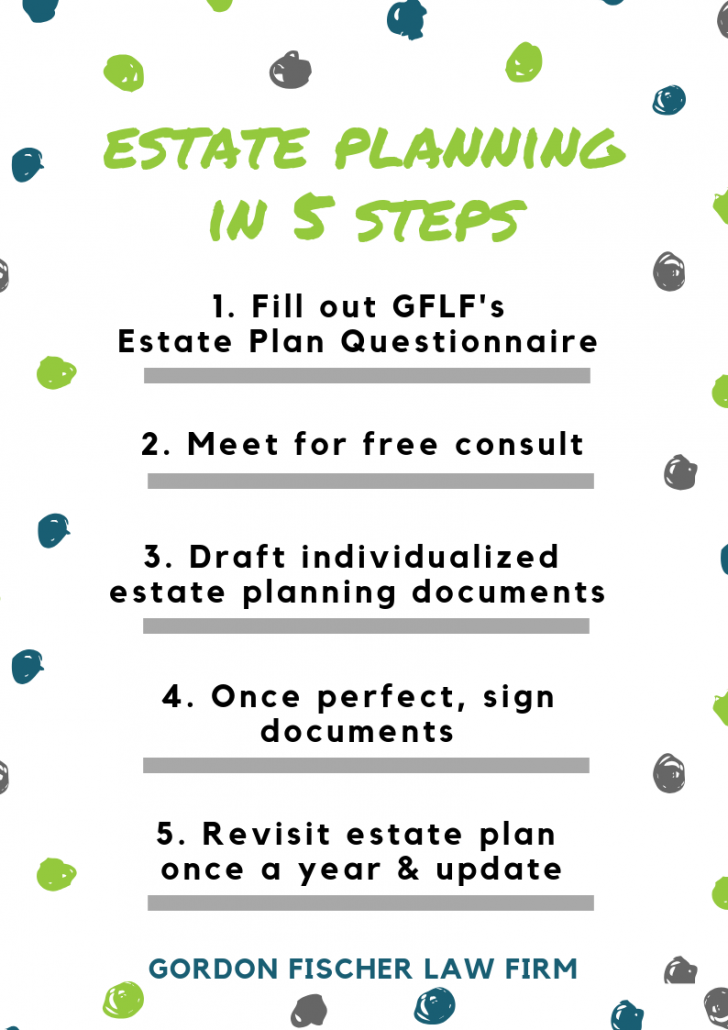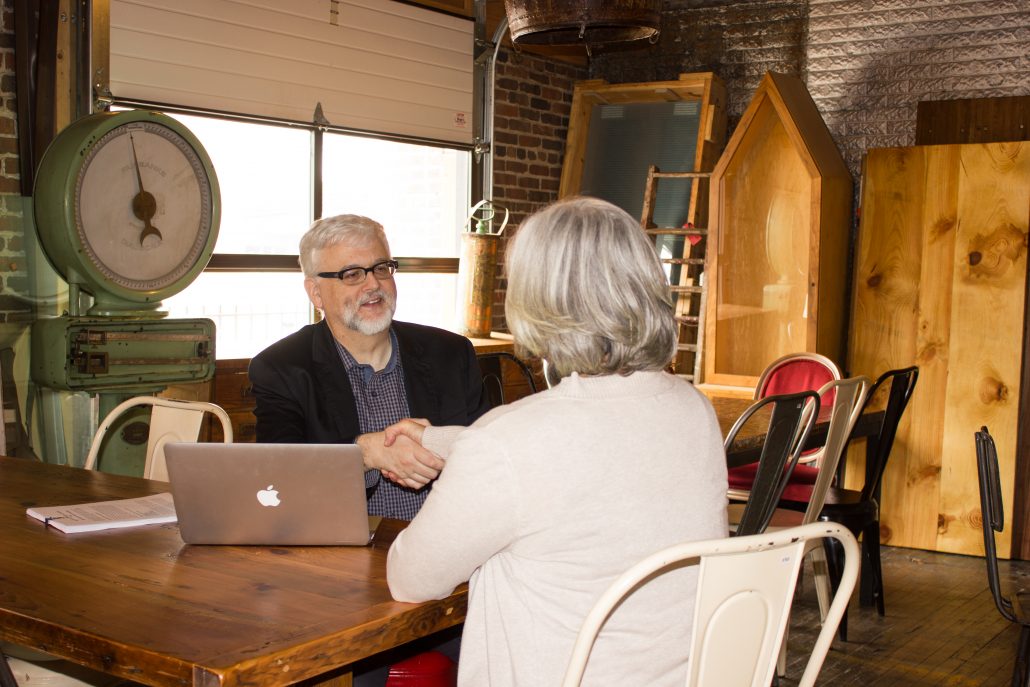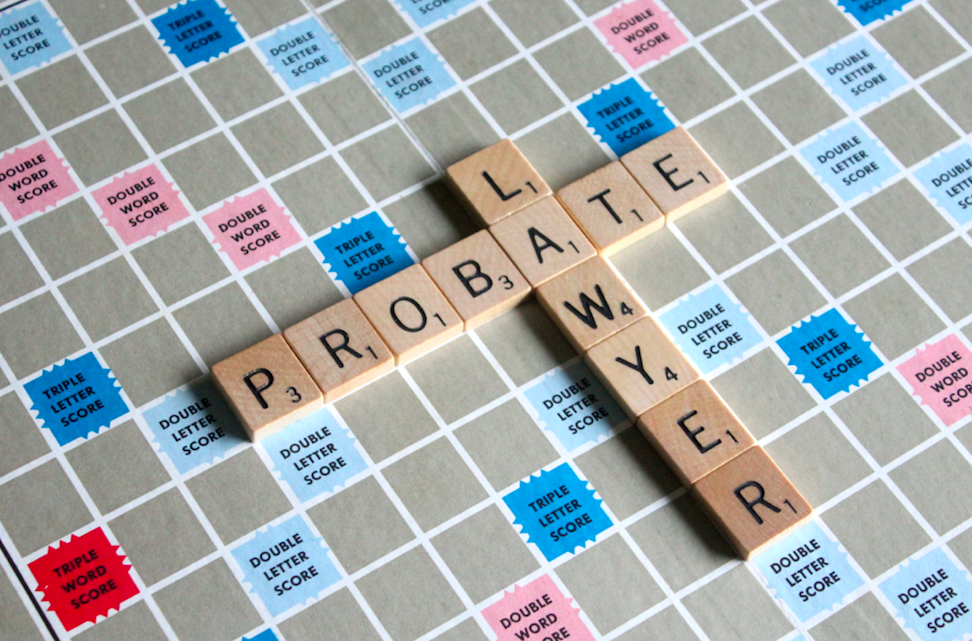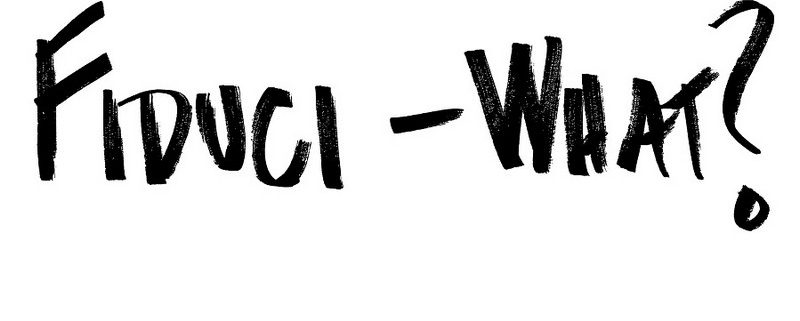Not exactly material for scintillating conversation. In fact, I’d bet most of us like to avoid this topic because it can be confusing, and requires lots of decision-making. And, well, yes, it forces one to think about one’s own mortality. Estate planning, after all, is a roadmap about what you want to happen after you move on from this life. While it may not be a fun topic, it is indeed a necessary one.
Estate plan: you almost surely need one
Almost everyone needs some kind of estate plan. If you’re young, healthy, unmarried, have no children, and have no significant or unusual assets…perhaps you could talk me into the idea that you don’t entirely need an estate plan. Even in such (rare) cases, I strongly recommend making sure your beneficiary designations are completed and up to date (for example, on your bank/credit union savings accounts and retirement benefit plan). But, if you are married, and/or have kids, and/or have significant or unusual assets, and/or own part or all of a business, you most definitely need an estate plan!
What IS an estate plan, anyway?
What do we talk about when we talk about estate planning? There are six documents that should be part of most everyone’s estate plan. Plus, you should keep them updated and current. Also, don’t forget about assets with your beneficiary designations. For most Iowans, that’s good – six documents, keeping them current, and also remembering about those assets with beneficiary designations.
Sure, estate planning is complicated, but not that complicated. I’ll show you.
Six “must have” documents of your estate plan
There are six documents that should be part of most everyone’s estate plan:
- Estate planning questionnaire
- Will
- Power of attorney for health care
- Power of attorney for finance
- Disposition of personal property
- Disposition of final remains
We’ll go through each document briefly, so you have a sense of what each entails.
Estate Plan Questionnaire
Estate planning involves facing heavy questions, and depending on the amount of assets and beneficiaries you have, may take quite a bit of time and thought. I recommend clients (and even those who aren’t my clients) complete an estate plan questionnaire.
An estate plan questionnaire is an easy way to get all of your information in one place, and it should help you understand and prioritize estate planning goals. (I must also admit a questionnaire makes it easier for your attorney to build your estate plan!)
As with any project, it helps “to begin with the end in mind.” A questionnaire can help get you there.
Last Will and Testament
Now let’s get to the will. The will is the bedrock document of every estate plan, and it’s a little more complicated than other documents.
With your will, you’ll be answering three major questions:
- Who do you want to have your stuff? A will provides orderly distribution of your property at death according to your wishes. Your property includes both tangible and intangible things. (An example of tangible items would be your coin collection. An example of an intangible asset would be stocks.)
- Who do you want to be in charge of carrying out your wishes as expressed in the will? The “executor” is the person who will be responsible for making sure the will is carried out as written.
- Who do you want to take care of your kids? If you have minor children (i.e., kids under age 18), you’ll want to designate a legal guardian(s) who will take care of your children until they are adults.
Power of Attorney for Health Care

A power of attorney for health care designates someone to handle your health care decisions for you if you become unable to make those decisions for yourself. This essentially gives another person the power to make decisions on your behalf. For example, if you don’t want to be kept alive with machines, you can clearly outline that in your power of attorney for health care. But keep in mind that power of attorney for health care isn’t just about end-of-life decisions – it can cover any medical situation.
Power of Attorney for Finances
The power of attorney for financial matters is similar, only your designated agent has the power to make decisions and act on your behalf when it comes to your finances. This gives them the authority to pay bills, settle debts, sell property, or anything else that needs to be done if you become incapacitated and unable to do this yourself.
It might be obvious by now, but I’ll say it just in case: choosing an agent for a power of attorney requires that you think long and hard about who would be best suited for the job and who you trust.
Disposition of Personal Property
Now, let’s get to the disposition of the personal property. This is where you get specific about items you want particular people to have. If you’re leaving everything to one or two people, then you may not need to fill this out. But, if you know you want your niece Suzie to have a specific piece of jewelry, and your nephew Karl to have that bookshelf he loved, then you’d say so in this document.
Disposition of Final Remains
We come to the disposition of final remains. This document is where you get to tell your loved ones exactly how you want your body to be treated after you pass away. If you want a marching band and fireworks shooting your ashes into the sky (that’s a thing, by the way), then this is where you make it known. It can be as general as simply saying “I want to be cremated,” or it can be specific and include details of plots you’ve already purchased or arrangements you’ve already made.
Keep updated and current
OK, so you’ve gone to an estate planning lawyer, and these six “must have” estate planning documents have been drafted and signed. What else? You need to keep these documents updated and current.
If you undergo a major life event, you may well want to revisit with your estate planning lawyer, to see if this life event requires changing your estate planning documents.
What do I mean by a major life event? Some common such events would include:
- The birth or adoption of a child or grandchild
- Marriage or divorce
- Illness or disability of your spouse
- Purchasing a home or other large asset
- Moving to another state
- Large increases or decreases in the value of assets, such as investments
- If you or your spouse receives a large inheritance or gift
- If any family member, or other heir dies, becomes ill, or becomes disabled
This is just a short list of life events that should cause you to re consider your estate plan. There are many others.
Don’t forget about your beneficiary designations
There are six “must have” estate planning documents, plus you need to keep them current. Also, don’t forget about your beneficiary designations. For example, savings and checking accounts, life insurance, annuities, 401(k)s, pensions, and IRAs are all transferred via beneficiary designations. These beneficiary designations actually trump your will.
Regarding assets with beneficiary designations, you must make sure that designations are correctly filled out and supplied to appropriate institution
What other documents might you need resides these six “must have” estate planning documents?
For most Iowans, probably the vast majority, what I’ve outlined above is enough. There may be folks who have more that $5 million in assets, or who have complex assets (for example, more than one piece of real estate), or own part or all of a robust business, or otherwise have unusual situations. In such cases, a trust may be helpful. But that will be more “advanced” estate planning. What I’ve described above is an excellent start.
See? That wasn’t so bad!

There it is in a nutshell. This is what goes into an estate plan.
Whether it’s complicated or simple, it does require some thought and time. But, it’s worth the investment – a proper estate plan can save you and your estate costs and fees; help your family and friends; and provide you peace of mind.
Perhaps most importantly, through proper estate planning, you can help your favorite charities in ways large and small. Really, without estate planning, it’s not possible, at your death, to help nonprofits you care about.
Begin today
Why not start right now on your own plan for the future with my free estate plan questionnaire? It’s provided to you free, without any obligation. I would love to discuss your estate plan with you; reach out at any time by email, gordon@gordonfischerlawfirm.com, or cell phone, 515-371-6077.



















